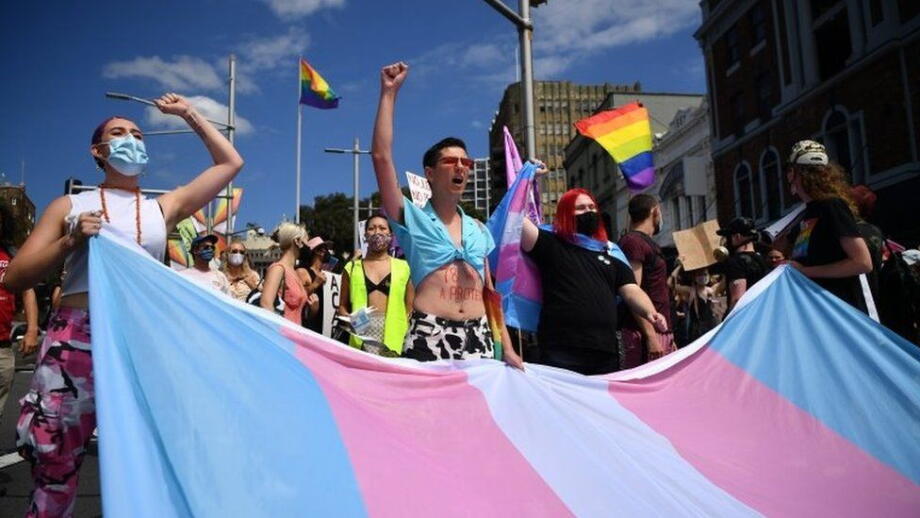In Short:
A popular form of neoliberal feminism seeks to advance gender equality in leadership and beyond by encouraging women to be resilient as individuals. But locating career advancement as within an individual's control subtly shifts the blame for gender inequality onto women and reduces support for needed structural changes to tackle gender discrimination. We want to understand how this could reduce women's participation in protests and collective action.
Key findings
Across four studies in the United Kingdom, undergraduate women students and employed women with university degrees in both the control and resilience conditions first read about gender inequality.
Participants in the neoliberal feminist conditions then read messages promoting individual resilience as key to women's advancement or participated in activities designed to build their own resilience as individuals to help them advance.
In Studies 1, 3, and 4, participants in the neoliberal feminist conditions compared to the control had lower collective action intentions – a negative effect that was either indirect, via reduced perceptions of gender discrimination (Studies 1 and 4) and reduced anger over inequality (Study 1), or direct (Study 3).
Together, these studies provided partial support for our hypothesis that neoliberal feminism can undermine women's protest motivation. Future research can help establish how contextual and other factors contribute to the strength of these effects and explore how feminists can better harness messages of resilience.
To advance gender equality, our findings suggest that advocates should focus less on individualistic solutions and more on addressing structural barriers, laying the groundwork for effective protest action and social change.
Contact
Michelle Ryan
Director
Intersectionality & identity, Leadership & the Glass Cliff, Relationships & the care economy, The workplace & working lives
You may also like
Sex wars and TERF wars
An increasing number of people identify as feminists, but there is disagreement about whom and what feminism should be fighting for.
Gender expectations, socioeconomic inequalities and definitions of career success
Higher Education is generally regarded as a pathway to career opportunities, and research shows that students' expectations of their career success while they are studying are an important…
"Fitting in whilst standing out"
Professional British women of African, Asian, and Caribbean ethnicities contend with unique challenges and experiences in the workplace. These challenges are often due to experiences that occur at…




